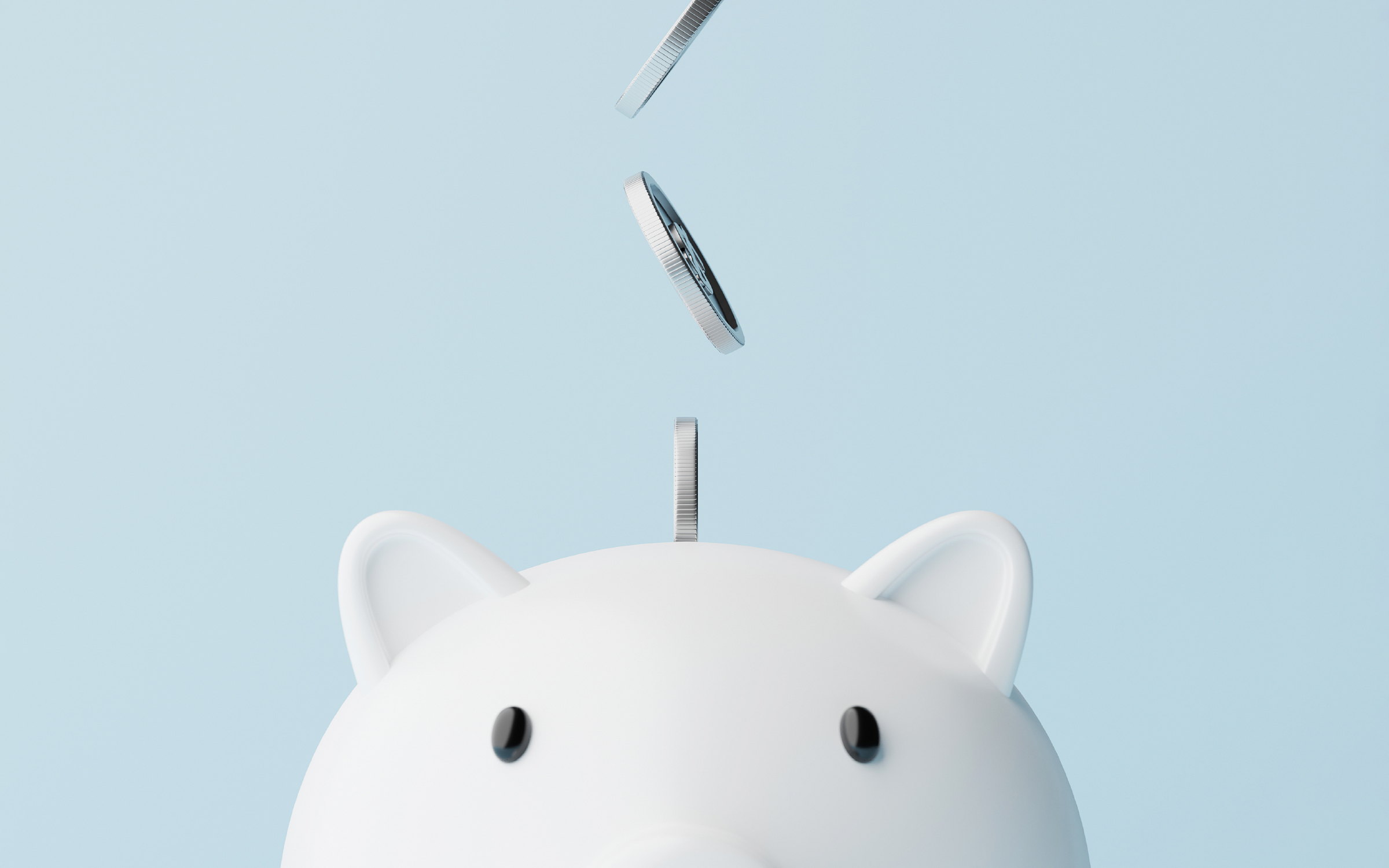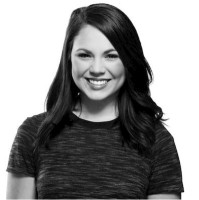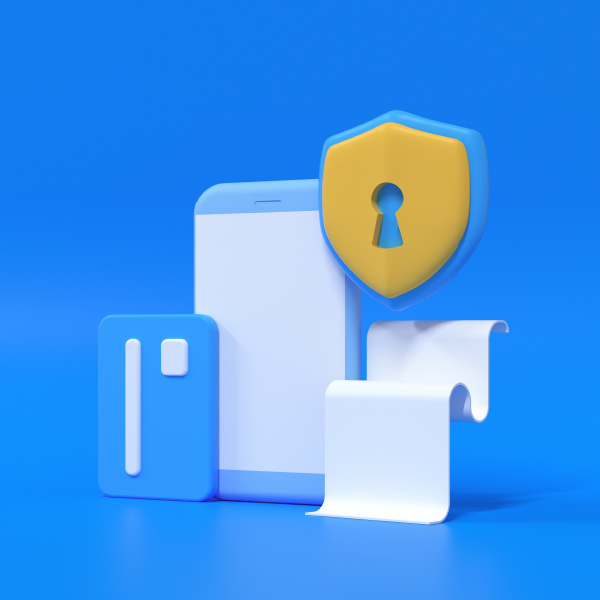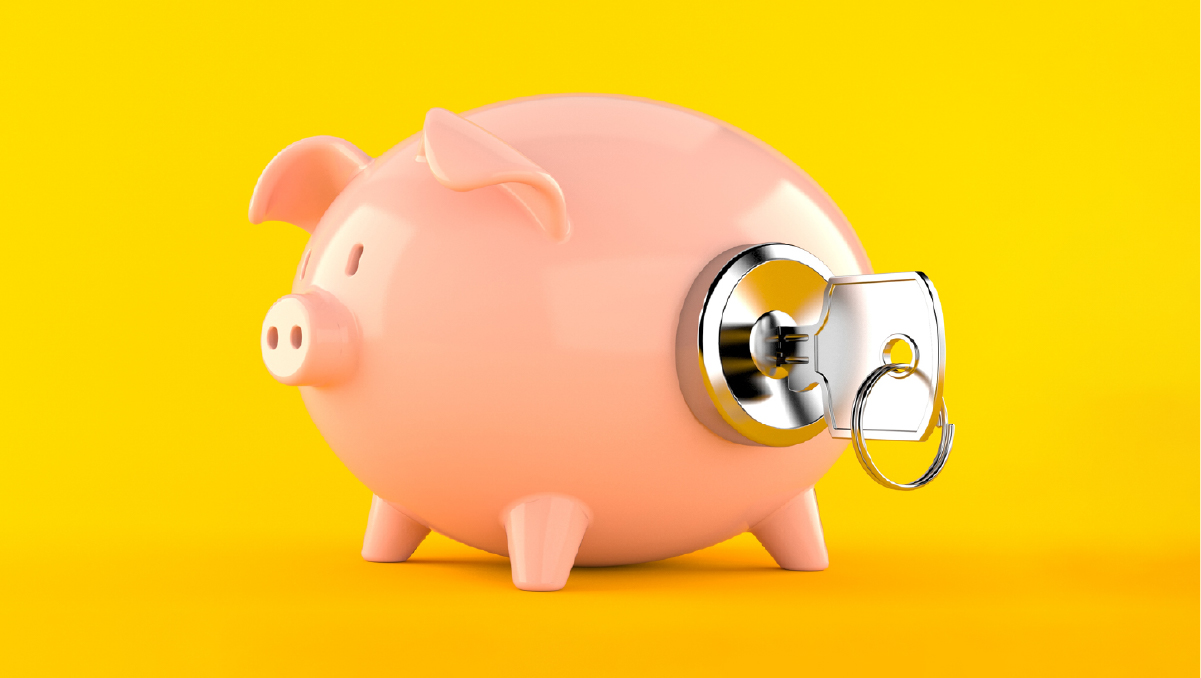WORK LIFE
Three tips to achieving financial wellness in the gig economy


Balancing a variable income doesn’t need to increase your financial stress.
And you might be surprised to learn that it isn’t only lower-income workers who are stressed about finances. Inside the Wallets of Working Americans report found nearly one in three American workers runs out of money before payday, including those earning over $100,000 a year.
When you overcome the burden of constantly worrying about money, you can achieve a better work-life balance. Many people want to achieve financial wellness as a way of seeing a more balanced mindset about managing their money. It can also benefit your job performance, which will open more doors at work.
By now you might be asking, “So, how can I achieve financial wellness?” Let’s dive into some tips.
Account for all your expenses
What is your actual cost of living? Take a detailed look at your unique weekly and monthly expenses to understand how much money you need to spend. This can include rent, utilities, groceries, and other essentials. Quickly add up your expenses in a free calculator tool for a clear view of your expenses. This are the fixed costs that you need to cover every monthly to stay out of debt.One of the challenges with working for yourself in a gig economy is inconsistent income. With this understanding of your cost of living, you can determine how much money you need to earn monthly to support your needs. Work with your employer to try to get the right number of hours each week to cover your essential living expenses.
Another tip is to allocate a percentage of earnings each week for expenses. It can feel challenging to spend an entire paycheck at once on bills and expenses. Defining a percentage instead constraining yourself to set amount can better align with your variable income. Especially as an hourly workers who earns different amounts on a weekly basis, this ensures you can consistently cover your expenses.
Balance obligations, goals, and happiness
Constantly living with financial stress can be exhausting. A key marker of financial wellness is being able to live your life without constantly thinking about money. This is a good time in your budgeting process to break down your “wants” and “needs”. Decide what portion of your budget is for enjoyment. This can include regular occurrences like eating out or a vacation fund once a year.When building a budget, focus on the positives in addition to the restrictions. Create goals for what you’re working towards, whether that’s a certain amount saved by the end of the year, a trip you want to go on, or an upgrade within your home for example. Having a good plan is one with clear goals. Instead of aspiring to “have money to travel”, write down the specific trip you want to go on and the experiences you want.
Grow your financial literacy
Another important element of supporting your financial wellness is improving your financial literacy. Investopedia defines financial literacy as the ability to become self-sufficient and make use a of variety of skills, including personal finance management, budgeting, and investing. Knowledge is power, especially when planning for taxes and understanding different options for savings accounts.Upgrading your financial literacy is starting from the ground up. Try picking up a book or listening to a podcast about personal finance. Look for personal finance books that offer practical advice such as I Will Teach You To be Rich by Ramit Sethi or Transforming Your Relationship with Money by Joseph Dominguez and Vicki Robin. These guides can help you learn to confidently manage your finances on your own.
Another great way to boost your financial literacy is to check if there are any benefits you could be missing out on. Are you using the rewards on your credit card or are there others options that better support your lifestyle? Different credit cards have options for cashback, air miles, or different points systems that you may not be aware of.
Have a rainy-day plan
Understand that unexpected expenses can happen. It’s always better to have a plan for when your fridge or car breaks down so you’re not left scrambling. If financial stability is a priority, expect that emergency to happen and be prepared.For many freelancers and gig workers, there’s even more fluctuation when you have a variable income. It can be hard to save a large emergency fund, but turning to options like payday loans or credit can harm your finances long-term. Paying off interest can become part of your monthly expenses for a prolonged amount of time. This additional burden becomes a lasting problem past your day-of emergency.
Increasingly, employers are offering flexible payroll options like on-demand pay, which give you the convenience of accessing your earned wages ahead of the biweekly pay cycle. You’re in control of when you get paid. Earned wage access options can help people easily manage their money and cover unplanned expenses with pay they’ve already earned. You can enjoy a more convenient way to get paid, without hidden fees or card balance minimums to worry about.
Financial situations change all the time. Having a flexible plan is key to achieving financial wellness in the long run. Read more about why how you get paid should be your most important job consideration.
Banking services provided by and the Dayforce Wallet Mastercard issued by Green Dot Bank, Member FDIC, pursuant to a license from Mastercard International Incorporated. Mastercard and the circles design are registered trademarks of Mastercard International Incorporated.
Green Dot Bank also operates under the following registered trade names: GO2bank, GoBank and Bonneville Bank. All of these registered trade names are used by, and refer to, a single FDIC-insured bank, Green Dot Bank. Deposits under any of these trade names are deposits with Green Dot Bank and are aggregated for deposit insurance coverage up to the allowable limits.
©2025 Green Dot Corporation. All rights reserved. Green Dot Corporation NMLS #914924; Green Dot Bank NMLS #908739.
IMPORTANT INFORMATION ABOUT PROCEDURES FOR OPENING A NEW CARD ACCOUNT: To help the government fight the funding of terrorism and money laundering activities, federal law requires all financial institutions to obtain, verify, and record information that identifies each person who opens a Card Account. What this means for you: When you open a Card Account, we will ask for your name, address, date of birth, and other information that will allow us to identify you. We may also ask to see a copy of your driver’s license or other identifying documents. If we are unable to verify your identity, we will not open an account for you.



